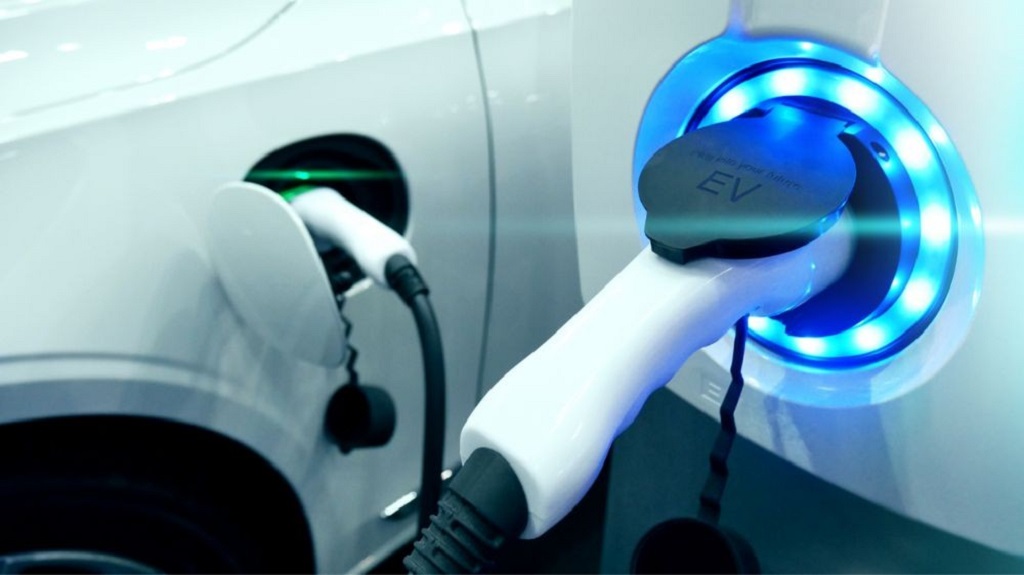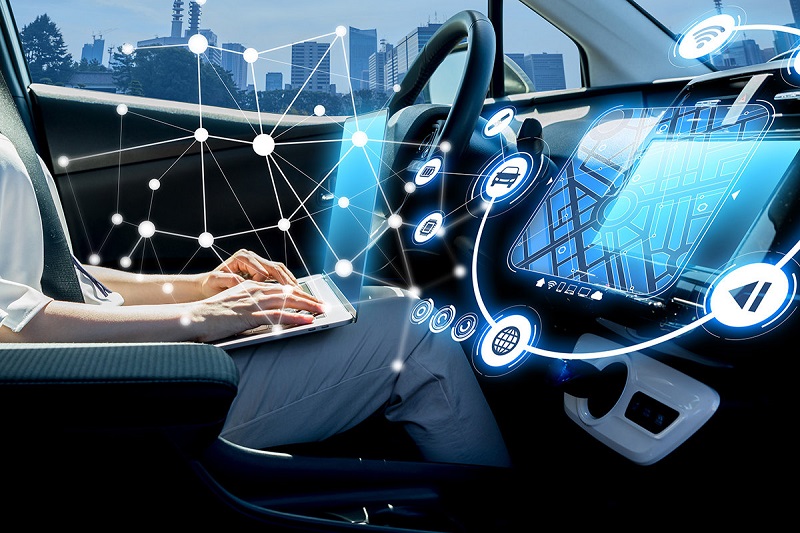The electric car revolution is in full swing, fueled by a growing desire for cleaner transportation and advancements in battery technology. Lithium-ion batteries have been the workhorses powering most electric vehicles (EVs) on the road today. But as the industry seeks to overcome range limitations and improve charging times, researchers are exploring innovative battery technologies poised to transform the future of electric mobility.
Lithium-ion’s Reign: A Powerful But Not Perfect Solution
Lithium-ion batteries offer a compelling combination of energy density (the amount of energy stored per unit weight) and power density (the rate at which energy can be delivered). However, they have limitations:
- Range Anxiety: Current lithium-ion battery packs offer a limited driving range compared to gasoline-powered vehicles, leading to “range anxiety” for EV drivers.
- Charging Times: While fast-charging technology is improving, fully charging an EV typically takes significantly longer than refilling a gas tank.
- Environmental Impact: The mining and processing of lithium can have environmental consequences. Additionally, disposal of lithium-ion batteries requires careful handling due to the presence of hazardous materials.
The Quest for the Next Big Thing: Exploring Alternative Battery Technologies
Recognizing the limitations of lithium-ion, researchers are actively exploring alternative battery technologies with the potential to address range and charging concerns, while minimizing environmental impact. Here’s a glimpse into some promising contenders:
- Solid-State Batteries: These batteries replace the liquid electrolyte in traditional lithium-ion batteries with a solid electrolyte. This can offer several advantages, including increased safety, faster charging times, and potentially higher energy density. Solid-state batteries are still under development, but they hold immense promise for the future of EVs.
- Lithium-Sulfur Batteries: This technology offers the potential for significantly higher energy density compared to lithium-ion batteries. However, challenges remain in terms of cycle life (the number of times a battery can be charged and discharged) and maintaining stable performance at varying temperatures.
- Sodium-Ion Batteries: Sodium is a much more abundant element than lithium, making sodium-ion batteries a potentially more cost-effective solution. While energy density might be lower compared to lithium-ion, advancements in this technology could lead to EVs with a good enough range for everyday use at a lower price point.
- Metal-Air Batteries: These batteries use readily available metals like lithium or aluminum as the anode and react with oxygen from the air as the cathode. This technology offers the potential for exceptionally high energy density, but technical hurdles exist regarding managing airflow and ensuring long-term stability.
Beyond the Battery: A Holistic Approach to EV Range
While battery technology plays a crucial role in improving EV range, other advancements are also contributing:
- Vehicle Efficiency Improvements: Aerodynamic design optimization, lightweight materials, and energy-efficient electric motors all contribute to extending the range of electric vehicles on a single charge.
- Smarter Charging Infrastructure: The development of a robust network of fast-charging stations will alleviate range anxiety by enabling quicker and more convenient charging on longer journeys.
The Road Ahead: A Brighter Future for Electric Vehicles
The search for the next generation battery technology is a race with multiple contenders. Each technology has its advantages and challenges, and the future might see a combination of these technologies dominating the EV landscape.
Here’s what you can expect:
- Gradual Improvements: Shortly, we can expect incremental advancements in lithium-ion battery technology, leading to longer ranges and faster charging times.
- The Rise of New Players: As alternative battery technologies mature and overcome technical hurdles, we might see them gradually enter the market, offering EVs with significantly increased range capabilities.
- A Focus on Sustainability: Research and development efforts will prioritize environmentally friendly battery production and recycling processes to minimize the environmental impact of the electric car revolution.
Related: Tips for Installing a Plumb Line Lock
The Takeaway: A Brighter Future for Electric Mobility
The future of electric vehicles is bright, powered by continuous advancements in battery technology. With innovative approaches like solid-state and lithium-sulfur batteries on the horizon, the limitations of current lithium-ion technology will be addressed, paving the way for EVs with extended range, faster charging times, and a smaller environmental footprint.
This ongoing quest for the next big battery breakthrough isn’t just about creating a superior car; it’s about shaping a more sustainable transportation future. Buckle up, as the electric car revolution accelerates, driven by the power of these emerging battery technologies.






